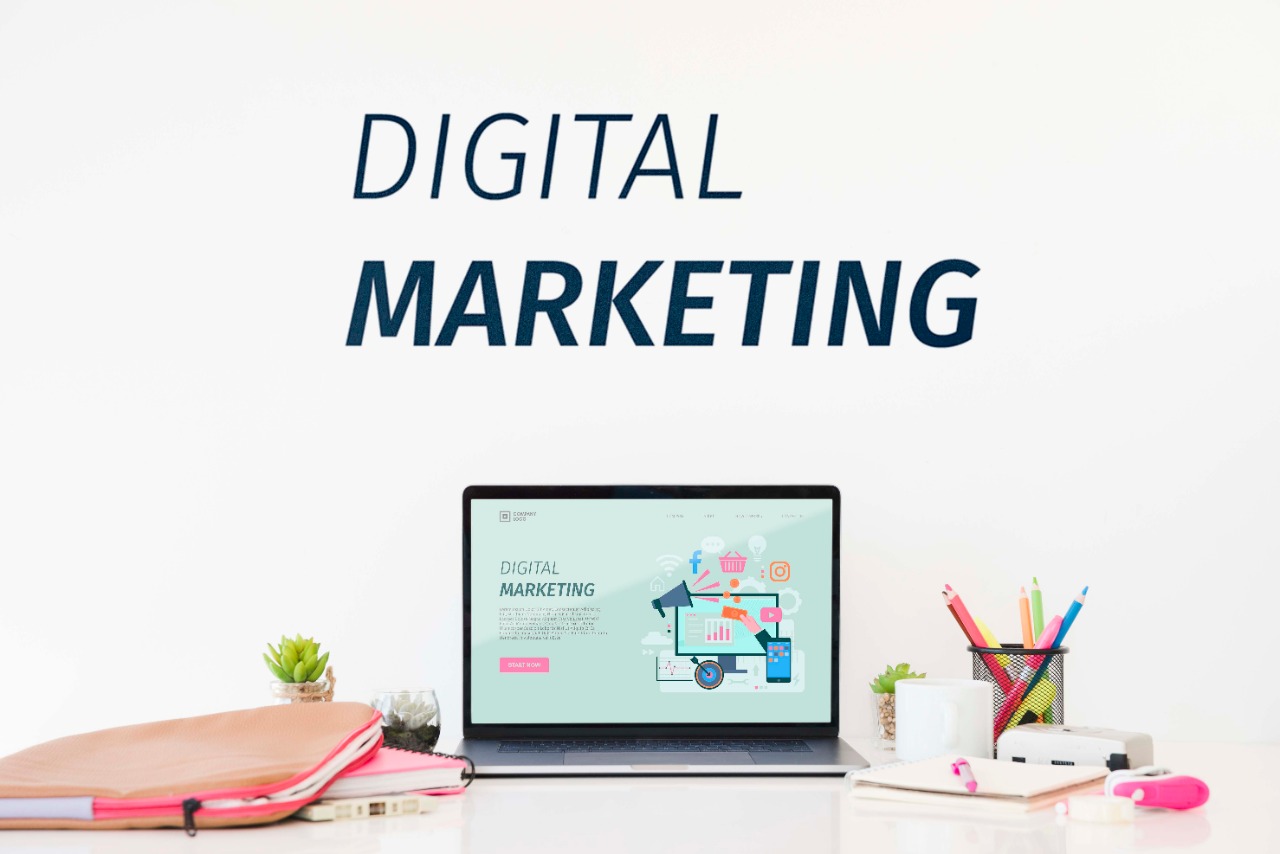The Growing Pains of Separate Systems
Many businesses, especially as they grow, find themselves juggling multiple software systems. A CRM (Customer Relationship Management) system for managing customer interactions, a separate accounting software for tracking finances, and potentially even more specialized tools for marketing, inventory, or project management. This fractured approach often leads to duplicated data entry, inconsistencies, and a frustrating lack of a unified view of the business. Finding information becomes a time-consuming scavenger hunt across various platforms, hindering efficiency and decision-making.
Data Silos: The Enemy of Efficiency
The biggest problem with using separate CRM and accounting software is the creation of data silos. Customer data in your CRM remains isolated from financial data in your accounting software. This means you can’t easily see the profitability of individual customers, track the financial impact of marketing campaigns, or analyze sales performance against specific customer segments. This lack of integrated data severely limits your ability to gain valuable insights and make informed business decisions.
Streamlining with Integrated Solutions
The solution lies in integrating your CRM and accounting software. By choosing a system where both functions are seamlessly integrated, or by implementing a robust integration between existing platforms, you can break down those data silos and unlock a more efficient workflow. Imagine a scenario where a sale is recorded in your CRM; this automatically updates your accounting software with the corresponding invoice and payment information. No more manual data entry, no more chances for human error, and significantly less time spent on administrative tasks.
Boosting Productivity and Accuracy
Imagine the time saved by eliminating double data entry. Employees can focus on higher-value tasks like building customer relationships, developing marketing strategies, and closing deals. The accuracy of your financial records will also improve significantly. Automated data transfer minimizes the risk of human errors, resulting in more reliable financial reports and better financial forecasting.
Improved Financial Reporting and Analysis
Integrated systems offer unparalleled visibility into your business finances. You’ll gain a deeper understanding of your customer lifetime value (CLTV), the profitability of individual projects or campaigns, and the overall financial health of your business. This empowers you to make data-driven decisions regarding pricing, marketing spending, and resource allocation. The ability to quickly generate comprehensive reports will significantly enhance your financial planning and strategic decision-making capabilities.
Enhanced Customer Relationship Management
While the financial benefits are significant, integrating your CRM and accounting software also improves your customer relationships. Having a complete picture of each customer’s interaction with your business, coupled with their financial history, allows you to personalize your approach and provide a more tailored level of service. This enhanced customer experience can lead to increased customer loyalty, repeat business, and positive word-of-mouth referrals.
Choosing the Right Integrated Solution
The market offers various solutions, from all-in-one platforms that combine CRM and accounting features to third-party integration tools that connect your existing systems. Consider your business size, specific needs, and budget when making your decision. It’s essential to choose a system that offers scalability, so it can grow with your business, and provides the level of reporting and analysis capabilities you require.
Implementing the Integration: A Smooth Transition
Implementing an integrated system requires careful planning and execution. Data migration from your existing systems needs to be handled correctly to ensure data accuracy and integrity. Proper training for your team is crucial to ensure everyone understands how to effectively utilize the new system. Choose a vendor that offers comprehensive support and guidance throughout the implementation process to minimize disruption to your daily operations.
The Long-Term Benefits of Integration
The initial investment in integrating your CRM and accounting software will pay off handsomely in the long run. The increased efficiency, improved accuracy, enhanced financial reporting, and stronger customer relationships will contribute significantly to the growth and profitability of your business. Investing in an integrated system is not just about streamlining your current operations; it’s about building a robust foundation for future success.
Beyond the Basics: Advanced Features
Many integrated solutions offer advanced features such as automated invoicing, recurring billing, sales forecasting, and project management tools. These features further enhance efficiency and provide even deeper insights into your business performance. Explore these possibilities to fully leverage the power of an integrated system and maximize your return on investment. Click here to learn about CRM and accounting software integration.









